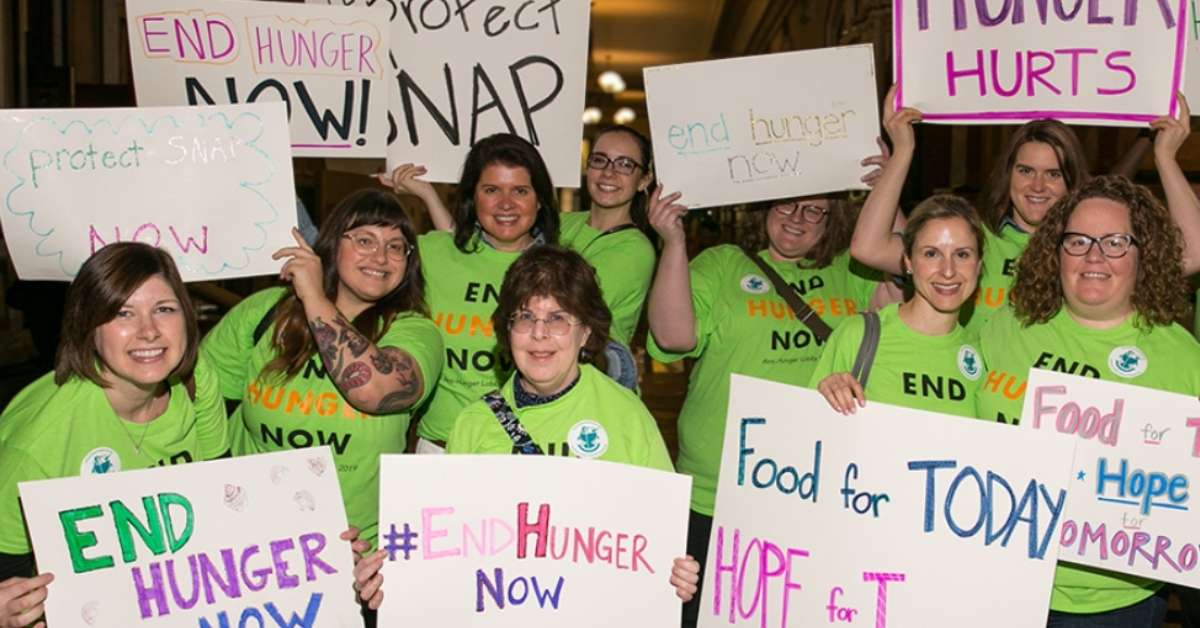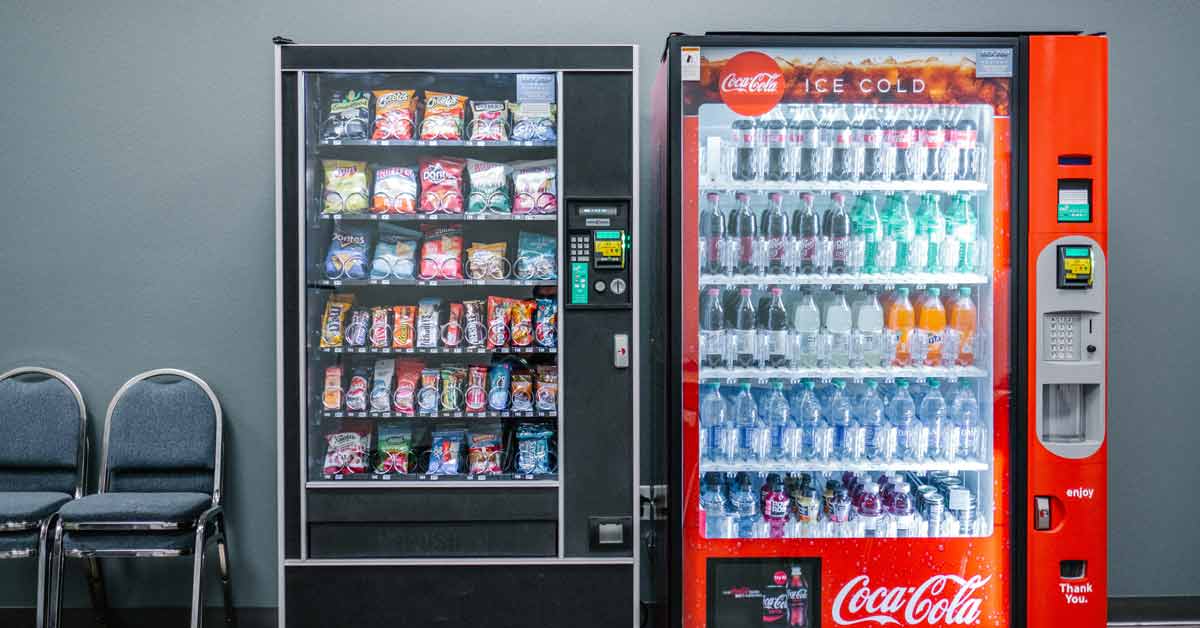At Freetown Farm, members of the community can learn the names of medicinal herbs and harvest vegetables, all while developing a deeper relationship to the land and local community.

On a busy July day at Freetown Farm, young people of all backgrounds can be seen mulching vegetable gardens, smelling wildflowers, learning about the medicinal properties of herbs, and harvesting ripe cabbages, kale, carrots, and tomatoes.
“When I come here, I see East Asians. I see Black people. I see people with different abilities, mental and physical. And they are all welcome here. And no one is being condescended upon,” says Akil Cole, an 18-year-old participant in the youth internship program at Freetown Farm.
Having worked on the farm for the past year, he says he feels rooted here, which has helped both his mental and physical health. Cole, who commutes from Washington, D.C., reports feeling happier, more confident, and more social on the farm.

Freetown Farm, in historic Columbia, Maryland, is a 6.4-acre farm founded by Chiara D’Amore, Ph.D., an environmental educator who dreamed of creating an experiential education farm where diverse members of the community could learn the names of wildflowers and medicinal herbs and harvest vegetables, all while developing a deeper relationship to the land and to the community.
“It is a learning farm,” D’Amore says, “where the intention is to demonstrate on a small scale what people can take home to their neighborhoods—things they can do that would be good for developing a better world.”
Unequal Access to the Benefits of Green Space
Regular contact with nature at places such as Freetown Farm improves young people’s respiratory health and physical fitness as well as their cognitive functioning and psychological well-being, says Alessandro Rigolon, an assistant professor in the Department of City and Metropolitan Planning at the University of Utah. But such access to nature is unequal for lower-income young people of color.
A recent report by the Center for American Progress and the Hispanic Access Foundation finds that lower income communities of color experience “nature deprivation” at three times the rate of White Americans, with Black communities experiencing the highest levels of nature deprivation.

“There is some evidence suggesting that racial/ethnic health disparities among youth are in part linked to inequities in access to green space,” Rigolon says.
“Because low-income youth of color have access to fewer parks and to parks with lower quality than more affluent White youth, youth of color have fewer opportunities for daily contact with nature, which has several benefits for physical and mental health.”
That makes programs like Freetown Farm’s all the more essential.
Freetown Farm was founded in 2019 as an initiative of the Community Ecology Institute, an environmental nonprofit based in Howard County, Maryland, which aims to cultivate communities where people and nature thrive together.

Located on land that was once an important stopover point in the Underground Railroad, the name “Freetown” speaks to the history of the land, an area where a colonial landowner freed 17 people he had enslaved, providing them with access to 150 acres of land.
D’Amore was able to buy the land from a local farm owner with support from city leaders in Howard County, the Columbia Association, private family foundations, and a loan from the Conservation Fund.
“People fight for things they care about,” says Veronica Adler, the community engagement coordinator for the farm’s internship program. Adler says it’s a lesson D’Amore has instilled in everyone at Freetown Farm: “It is really hard to care about the environment if you don’t have positive experiences and a positive relationship with the environment.”
Empowering the Next Generation of Environmental Activists
In fall 2020, the Community Ecology Institute initiated its youth internship program at Freetown Farm with the goal of educating young people on food security, health, and environmental disparities.
Fifteen young people, ages 15 to 21, from all backgrounds, participated. For about 10 hours each week, they learned how to grow food, plant native pollinators, and harvest fresh produce.
Adler says the yearlong internship is about giving young people “opportunities to have a voice, and to practice whatever they want to practice, and to be themselves in a green space.” These are opportunities she says they may not get in the school system.

In addition to youth getting their hands dirty among rows of vegetables, the internship program also offers art and photography classes, environmental education courses, and public speaking workshops that teach young people how to better articulate the environmental challenges affecting their communities.
Perhaps the greatest outcome of the internship program, Adler says, is its potential to inspire a new generation of environmental activists.
“One of the most important things ever is being able to communicate and be confident and to convince people that you know what you are talking about,” Adler says. “To show up to a town meeting, that is great. But if you can’t voice what you are feeling, what you are seeing in your community, that also doesn’t help.”
For many of the young people participating in the summer program at Freetown Farm, the experience has inspired them to move into an environmentally oriented career.
“Going into this internship, I had no idea what I wanted to do,” says Yan Yang. “Now I have a general path. I don’t know if I want to go into environmental policy, or if I want engineering, but at least I have some sort of path going forward.”
Resources and Policy Incentives Needed
While spaces like Freetown Farm bring numerous health benefits to the youth who participate in their programs, there are still many barriers when it comes to ensuring all youth have regular access to green spaces.
One barrier is that young people from lower-income communities cannot afford to engage in unpaid internships like Freetown Farm’s, says Akil Cole, now a college student at Georgetown in D.C, who is serving as a mentor for the farm’s high school internship program.
“I applied for a fellowship, which gave me a stipend that allows me to work here,” Cole says. “Otherwise I wouldn’t be able to afford the trip up here. …If not for that fellowship from my school, I just can’t do it.”
In addition, Cole says that local governments should introduce policies that prioritize the protection of natural spaces over commercial development. He says what draws people to Freetown Farm is the fact that it is a physical place, not just an idea or a lesson plan.
“It is beautiful!” Cole says. “We need policies that favor the preservation of natural resources and encourage the creation of spaces like this.”
This article was originally published by YES! Media on September 9th, 2021 and was made available to Good Good Good.



